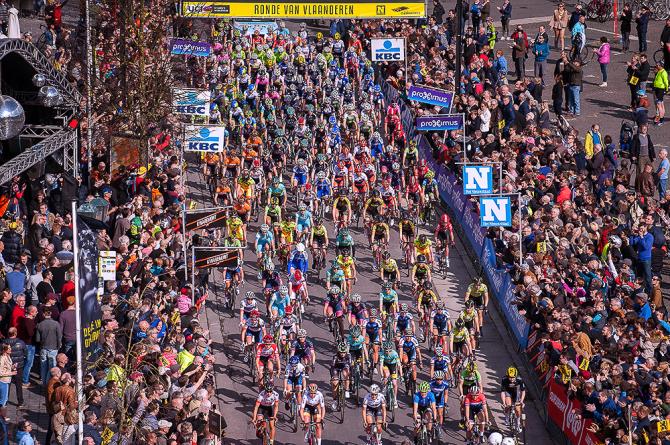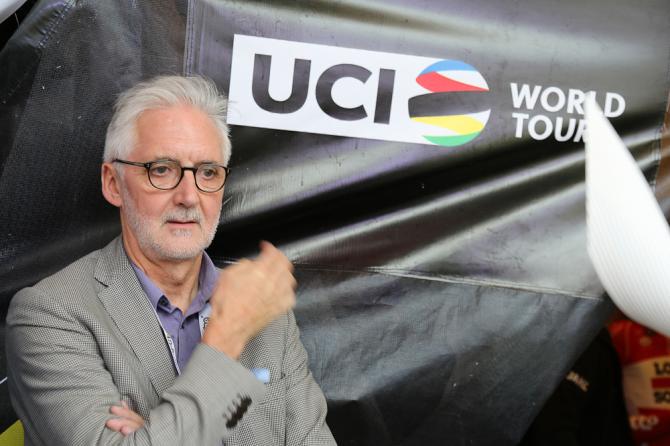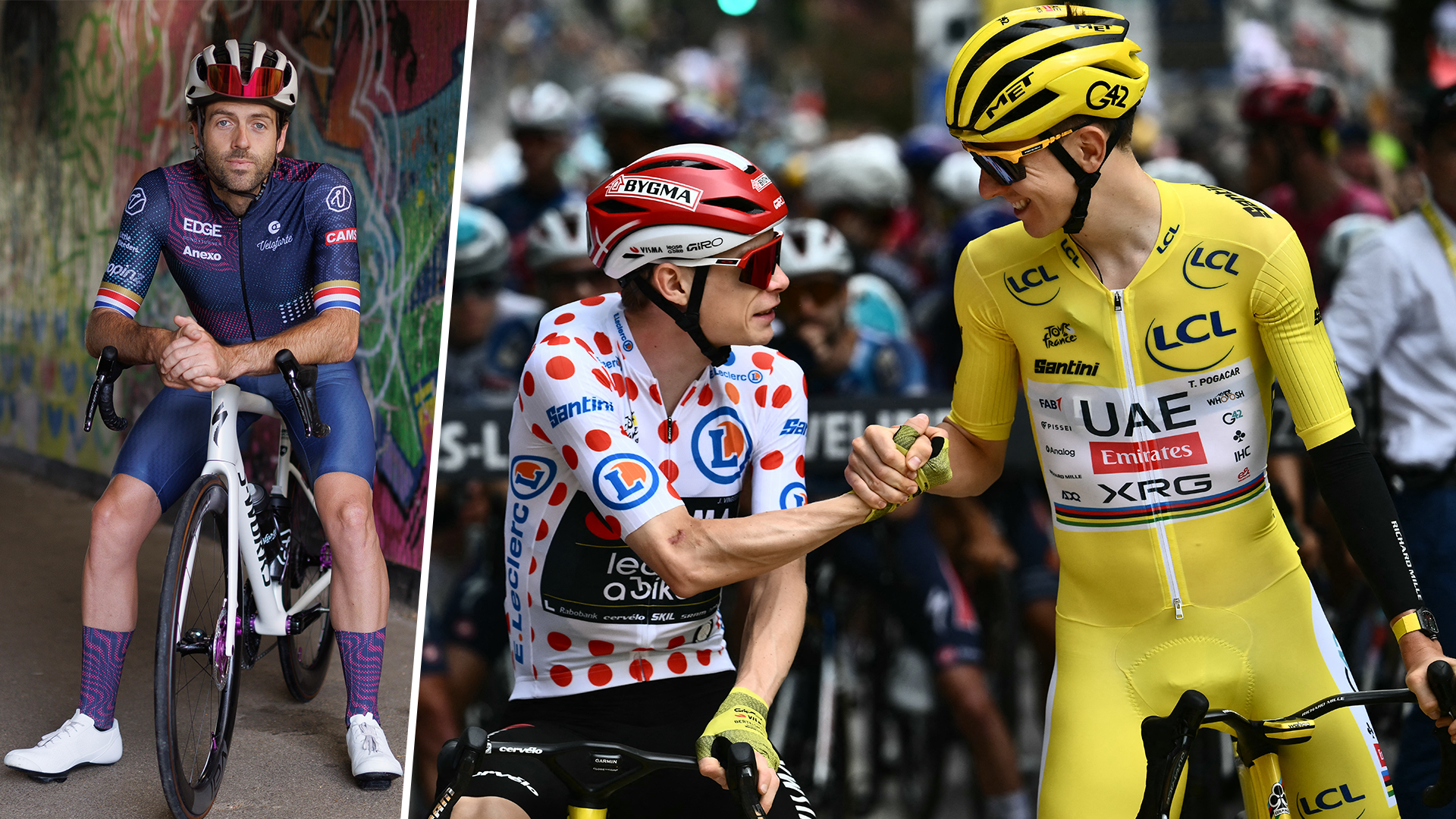Is sexual abuse cycling's next scandal?
Anecdotes abound, but few are reported - what resources are available?
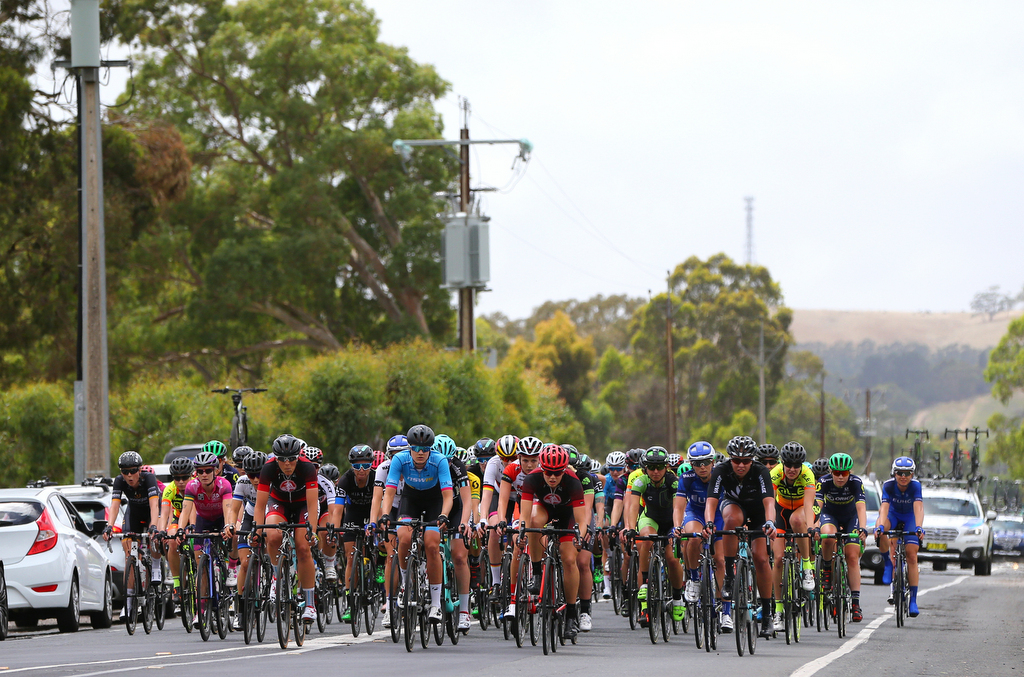
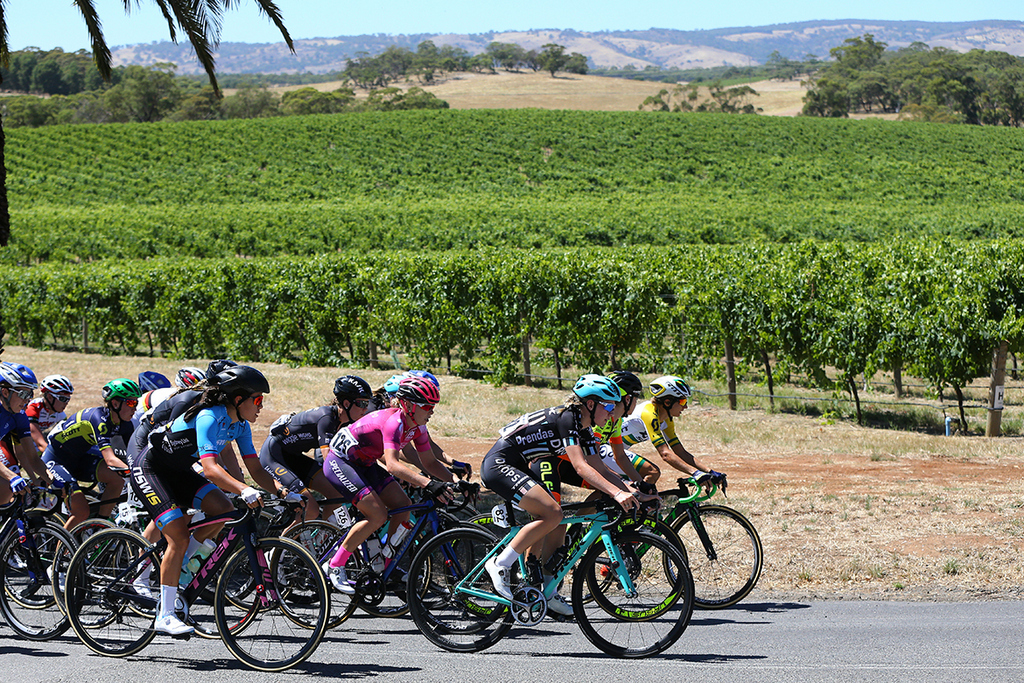
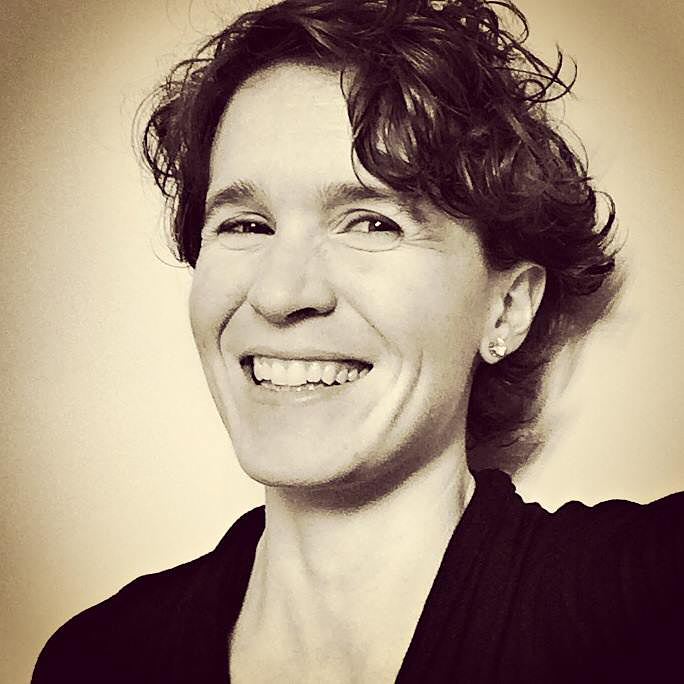
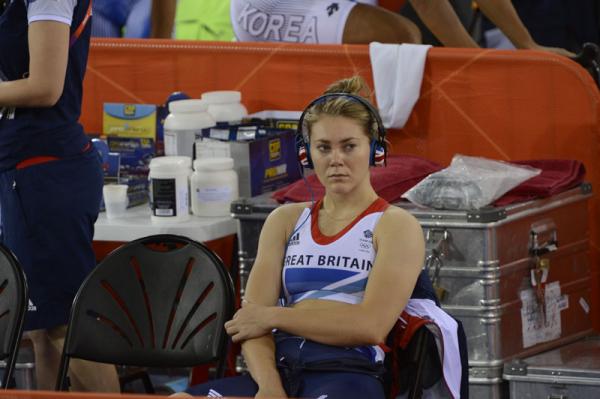
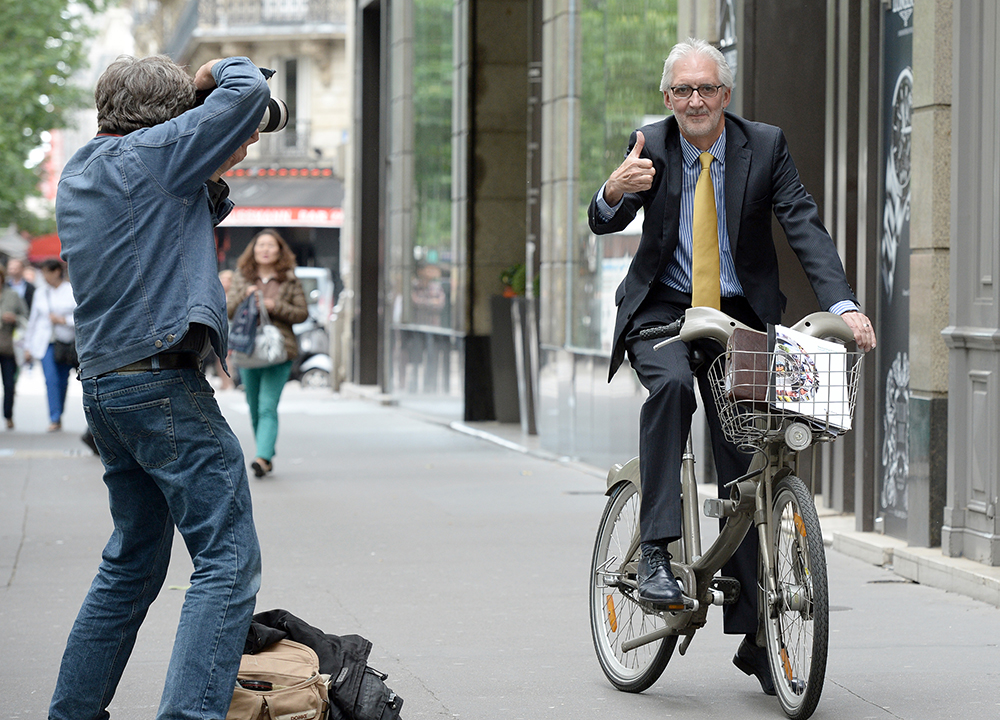
A female cyclist is stalked around the globe by a lecherous directeur sportif, who threatens suicide when she rejects him. A promising young rider is under the spell of a menacing control freak of a coach who physically abuses her when she fails to perform. A male team manager expects his women riders to do his laundry and make him dinner at a stage race. A soigneur fondles his riders on the massage table. The terrified athletes have no idea where to turn.
Jeanson's coach and doctor banned for life
Cooke calls for women’s cycling to take a different, more ethical path
Genevieve Jeanson - Exclusive Podcast
Genevieve Jeanson: New questions and answers
Pendleton and Cooke claim British Cycling is rife with sexism
Dutch federation launches investigation into harassment in cycling
Nicole Cooke questions why Simon Cope was acting as Sky courier
Report into 'culture' at British Cycling expected in February
Sexual abuse scandals have plagued other sports - American collegiate football, British football, and USA Gymnastics have all had highly publicised failures to protect young athletes, and while cycling may not have the same environment as those sports, no segment of society is safe.
All too often, victims are threatened or intimidated into silence and, like the 'omerta' that allowed rampant doping into cycling, and a culture of abuse will go on unless it is shown the light of day.
A handful of brave athletes have gone on the record about harassment, discrimination or abuse: Jess Varnish, Nicole Cooke, Marijn de Vries, Petra de Bruin, Tammy Thomas, Genevieve Jeanson, and, more recently, American track sprinter Missy Erickson, who detailed her abuse as a junior to Bicycling Magazine.
As a result of Varnish's and de Vries' stories, there have been two independent investigations launched into abuse and harassment in cycling - the UK Sport report of the inquiry sparked by Varnish is due in February, and an ongoing Dutch investigation that was sparked in part by de Vries, who wrote about her experiences in a blog on the Dutch site Trouw.nl entitled "Sick of the abuse of power".
In it, she highlighted her experiences of sexual abuse - a masseur who regularly touched her genitalia - verbal abuse from a directeur sportif "who told me week after week that I was rubbish. That I should bugger off and stop cycling, because I was a shit cyclist," and how she agonised about making it public. "I've thought a long time about the words I wrote above. Yes, I am ashamed. And I think it's really scary everyone can read my story right now. But I am convinced: the only way to make sport a safer place, is to talk about it."
De Vries was inspired to pen her story after the courageous story of Andy Woodward, whose story of abuse opened the floodgates in the recent football scandal in the UK. "It's also extremely important to get these stories out there," De Vries wrote. "In all situations where kids, but also adults, are in a relationship of dependence, power gets abused. People get abused. Intimidated. Belittled. Time after time it shows. And only by talking about it, can it be changed."
The latest race content, interviews, features, reviews and expert buying guides, direct to your inbox!
But there are many more victims - men and women - who aren't prepared to make their stories public, and they shouldn't have to. There are avenues in sport to report and have incidents of abuse investigated and perpetrators punished.
Freedom from abuse is an athlete's basic right
Sexual abuse in sport has been a serious concern for decades, and the International Olympic Committee (IOC) even addressed this topic 10 years ago with its Consensus Statement on Sexual Harassment and Abuse in Sport.
The IOC called freedom from abuse and harassment in sport a "basic right" and offers training on how to recognise abuse and help prevent it.
What is considered sexual harassment or abuse? Gender harassment (male directors asking female athletes to do their laundry or make lunch.), sexual abuse, homophobia, hazing and "bystanding" - knowing that abuse is occurring but failing to report it - are all in violation of the code of ethics of all sports.
However, as with doping, the responsibility for adjudication of ethical violations is not centralised. It is distributed across a vast and often baffling array of organisations - national sport federations, Olympic committees, and sport ministries, often changing depending on where, when, and by whom the offence was perpetrated.
The Dutch federation's investigation is limited to its national team, as is the UK Sport inquiry. For professional teams with an array of nationalities, the UCI's Ethics Commission is the body that would handle any complaints.
Cyclingnews reached out to UCI president Brian Cookson, who assured that any cases of harassment would be handled anonymously by its independent Ethics Commisison.
"Ever since I was elected President of the UCI in 2013, one of the things that has driven me on a daily basis is to ensure that our organisation becomes a world leader in sports governance, transparency and ethical behaviour," Cookson said in a statement.
Action in national federations
USA Cycling CEO Derek Bouchard-Hall talked about the avenues that are available to cyclists in this country to report harassment or abuse. He says his organisation takes the problem seriously, and there is an avenue for anyone in the community to file a complaint.
"We have two things: one is our Safeport program which is administered by our [Risk Protection] Manager Jonathan Whiteman. He also leads our anti-doping efforts. He executes any Safesport investigation we have - any code of conduct violation we have."
If it happened 20 years ago, or yesterday, if it came from an official, a coach, team managers, anyone within the USA Cycling community, they want to know.
"Anyone in the USA Cycling community can be subject to this ... coaches or officials that are not employees but are members of USA Cycling, we would hire the investigator. The cost is borne by us, and it's not cheap ... but that's absolutely part of the remit of USA Cycling, and it's important that we have that."
Should Whiteman identify an issue that requires an inquiry, Bouchard-Hall says a pool of investigators is available to him by the USOC that can launch independent inquiries and give him a report. He stressed the independence of the function.
"Jon is an employee of USA Cycling, but he is subject to the policies and practices the USOC has put in place. Our coaches - or any employee who learns of an issue - are required to report issues to him, and he is required to hire investigators. There have been investigations against our own employees that have been initiated by that program."
Bouchard-Hall says that there has been a steady stream of issues handled by the Safesport program, but that most incidents have been athletes fighting or reports against officials or coaches, and he could not comment on any ongoing investigations.
If an athlete felt uncomfortable reporting an issue with USA Cycling, they could also go to the USOC via the Athlete Omsbudsman, while the IOC has its own 'Integrity and Compliance Hotline' where Olympic athletes can report incidents. But preventing abuse from happening in the first place is important, and Bouchard Hall highlighted some steps they take to screen out potential abusers and educate all staff to recognise it.
"We do things like background checks and have certain practices that coaches and staff are required to follow, and we have a robust reporting practice. I think our environment is a little less conducive [to abuse] than say, gymnastics or swimming, but I'm not naive to think we have no risk... the entire sporting community is pretty sensitive to this issue now."
In addition to regular Safesport education for coaches and vigilance for any issues, Bouchard Hall says there are policies to be followed to protect athletes in vulnerable situations similar to that experienced by De Vries.
"We have a massage and soigneur policy for our National Development program which prohibits any athletes racing age 16 or below from obtaining massage," Bouchard Hall said. "17 year olds may receive massage only with parental consent and they must wear shorts. Massages cannot be given with door to massage room closed or locked. If athlete is uncomfortable with door open, another person of same gender of athlete must be present."

Laura Weislo has been with Cyclingnews since 2006 after making a switch from a career in science. As Managing Editor, she coordinates coverage for North American events and global news. As former elite-level road racer who dabbled in cyclo-cross and track, Laura has a passion for all three disciplines. When not working she likes to go camping and explore lesser traveled roads, paths and gravel tracks. Laura specialises in covering doping, anti-doping, UCI governance and performing data analysis.
